Keywords: Mission
There are more than 200 results, only the first 200 are displayed here.
-

RELIGION
- Nimmi Candappa
- 30 September 2021
25 Comments
At one level a lot is riding on this Plenary Council. Only the fifth such Council in the Australian church history, there is a great sense of anticipation among a wide variety of groups: those estranged from the church, priests looking for direction, women bereft of opportunities to express their faith and seeking a look-in, parents of uninterested children, those ostracised from the church, as well as those not wanting any changes at all.
READ MORE 
-
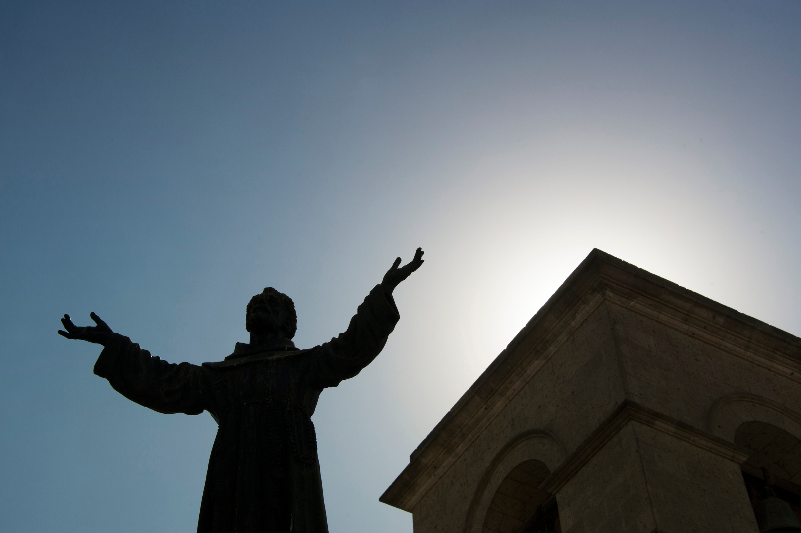
FAITH DOING JUSTICE
- Andrew Hamilton
- 29 September 2021
7 Comments
In the Catholic calendar the Feast of St Francis of Assisi falls on next Tuesday. Although he gave up on wealth, power and influence Francis probably had a bigger effect on his world than any of his contemporaries. He continues to attract people to challenge the values of our society and to spark renewal in Christian institutions at the risk of going stale.
READ MORE 
-

AUSTRALIA
- Vincent Long Van Nguyen
- 28 September 2021
12 Comments
The Australian Government’s decision to buy nuclear-powered submarines has brought to the surface once again big questions around how governments should spend money, particularly during a pandemic. The Government has ditched a $90 billion plan for French submarines in favour of even more expensive boats from the United Kingdom or the United States.
READ MORE 
-
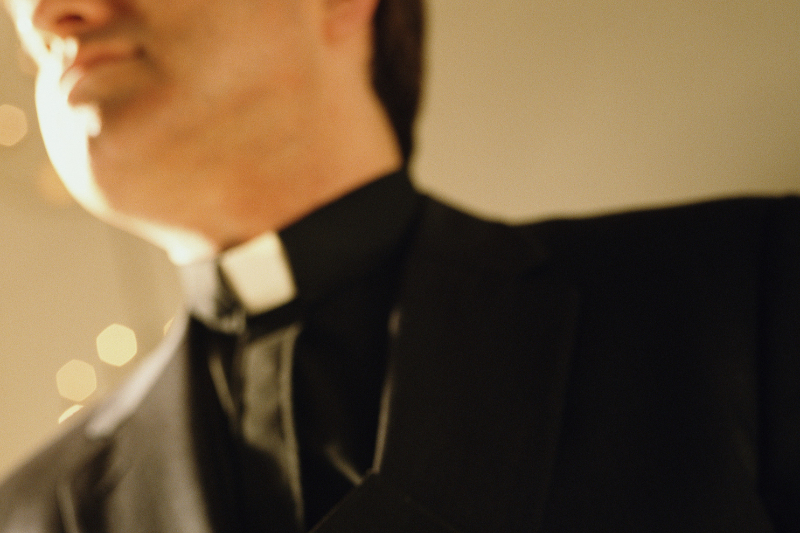
RELIGION
- Gideon Goosen
- 23 September 2021
60 Comments
The Final Report of the Royal Commission into Institutional Responses to Child Sexual Abuse identified clericalism as a significant contributor to abuse across religious institutions Australia-wide. Clericalism is rooted in a theological belief that the clergy are different to the laity, having undergone an ‘ontological change’ at ordination, and feeds the notion that the clergy may not be challenged. And according to the report, the culture of clericalism is on the rise in seminaries in Australia.
READ MORE 
-

ARTS AND CULTURE
- Michael McGirr
- 20 September 2021
11 Comments
It’s not hard to understand why so many people are watching Ted Lasso (Apple TV), nor why it was nominated for twenty Emmy Awards and won seven. Believe it or not, it is twenty years since The Office first premiered on the BBC. Not since then has a comedy series cut so close to the bone of our cultural needs and anxieties.
READ MORE 
-

RELIGION
One might submit that a Plenary Council is a cumbersome instrument to ascertain the genuinely representative views of the Catholic Church in Australia. Many of the canonical strictures regarding the membership, agenda and process of the Council will dampen the original enthusiasm for the Council that provoked over 17,500 submissions.
READ MORE 
-
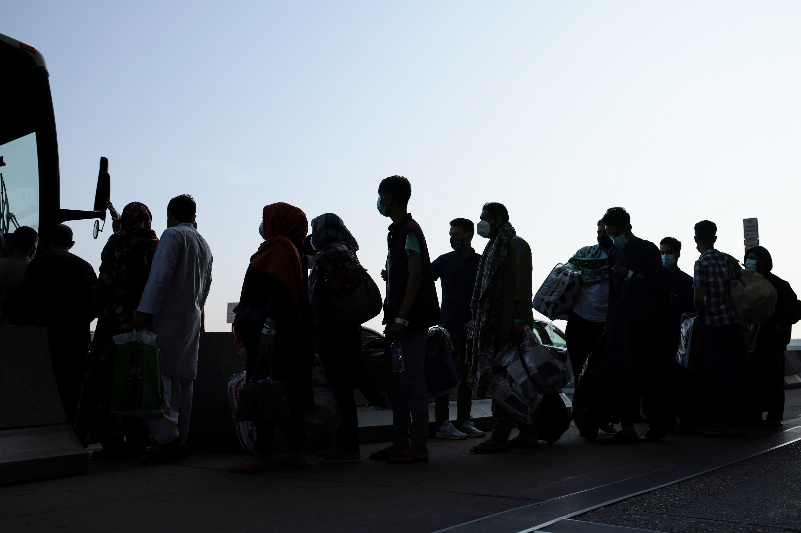
FAITH DOING JUSTICE
- Vincent Long Van Nguyen
- 30 August 2021
9 Comments
I was one of the boat people who escaped from South Vietnam. The escape happened after South Vietnam had fallen to the Vietnamese communist forces in 1975, and my world descended into total chaos with an international embargo, wars against China and Cambodia, forced collectivisation and the insidious spread of what were termed “re-education camps” - but were really communist gulags. My siblings and I grew up in a world of poverty, isolation, oppression and constant fear of what might happen to us or our loved ones.
READ MORE 
-
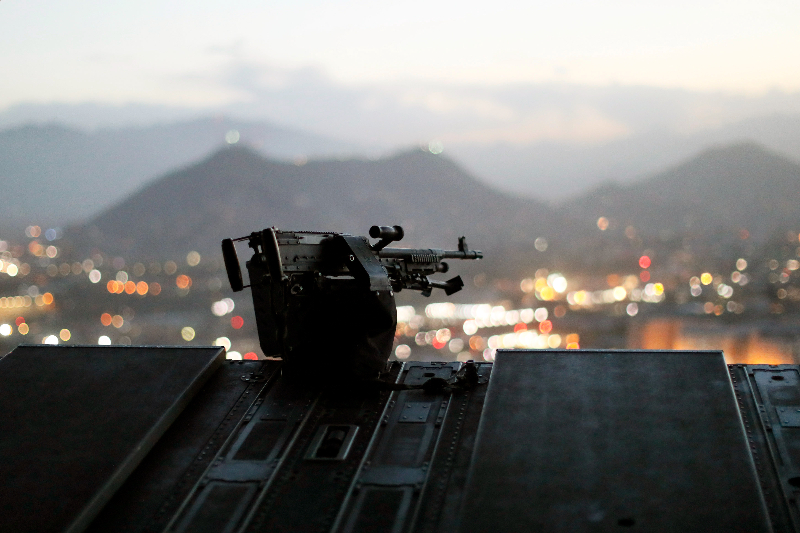
INTERNATIONAL
- Binoy Kampmark
- 24 August 2021
10 Comments
The New York Times editorial on 15 August was all about tragedy in describing the fall of Kabul to the Taliban. ‘Tragic because the American dream of being the “indispensable nation” in shaping a world where the values of civil rights, women’s empowerment and religious tolerance rule proved to be just that: a dream.’
READ MORE 
-
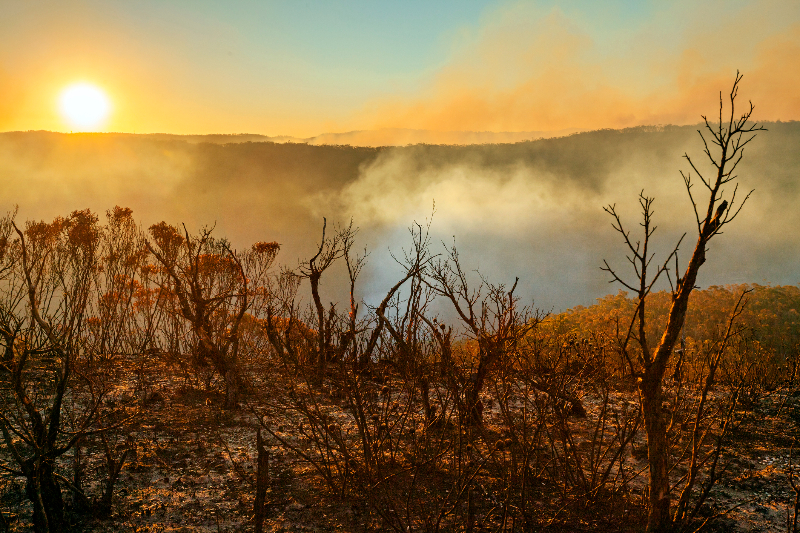
RELIGION
- Andrew Hamilton
- 19 August 2021
11 Comments
Last week the annual Catholic Social Justice Statement was launched. Entitled Cry of the Earth, Cry of the Poor, its theme is care for the environment. In the same week the authoritative Intergovernmental Panel on Climate Change (IPCC) Report warned of the need for immediate and radical effort to minimise emissions and of the likely effects of their existing growth.
READ MORE 
-
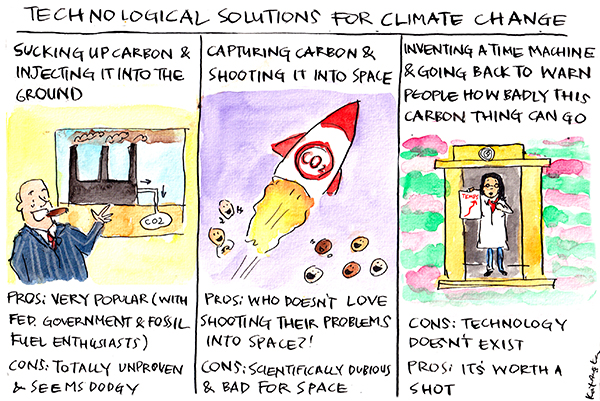
CARTOON
- Fiona Katauskas
- 17 August 2021
1 Comment
READ MORE 
-

RELIGION
- Andrew Hamilton
- 12 August 2021
67 Comments
Among Australian Catholics the Plenary Council and the preparations for the Synod in Rome on Synodality have aroused hope and stirred scepticism. It is clear that a Church diminishing in numbers of participants in its public life and in its financial resources, and discouraged by the extent of child abuse by its officers, must find new ways. But that the processes of the Council and the Synod will spark fresh energy for change is not a given.
READ MORE 
-

CARTOON
- Fiona Katauskas
- 10 August 2021
READ MORE 